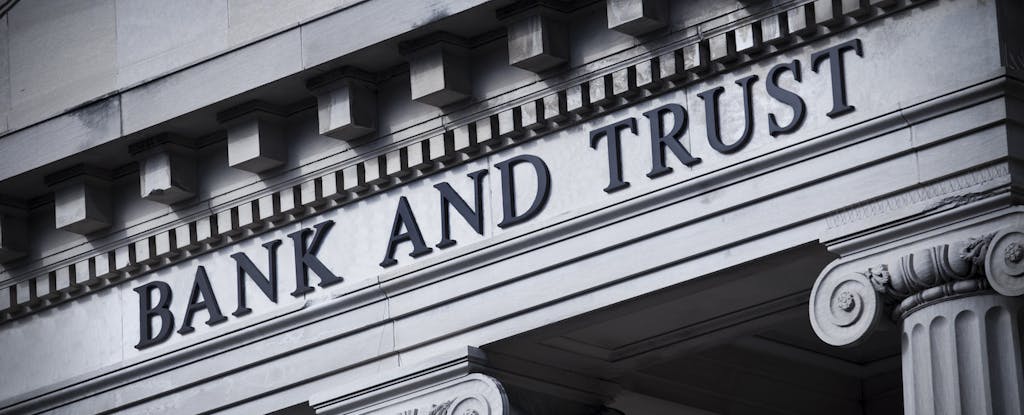Wells Fargo is rolling out a new small loan that offers customers quick cash for a flat fee — joining several banks with similar products aimed at helping people avoid costly options like payday loans.
Wells Fargo customers can apply for a $250 or $500 Flex Loan on their mobile app for a flat fee of $12 or $20, respectively. If approved, borrowers get the funds deposited into their account within seconds, and then pay the loan back in four monthly installments, according to Wells Fargo.
Key takeaway: If you need money to avoid overdraft fees or cover an expense, several major banks offer small, short-term loans that are cheaper — and less risky — than payday loans.
Large banks, small loans
With its new Flex Loan, Wells Fargo is one of four banks cited by The Pew Charitable Trusts that offer small, relatively low-cost loans that may be a good alternative to riskier — and more expensive — loan options for a minor expense or emergency.
- Wells Fargo: The bank says its Flex Loan will be available nationwide by the end of the year in two amounts — $250 with a $12 fee or $500 with a $20 fee. Borrowers pay their amount back in four monthly installments, with no interest.
- Bank of America: With the bank’s Balance Assist option, customers can borrow up to $500 for a $5 flat fee, paid back in three monthly installments — also with no interest.
- Huntington National Bank: Customers can apply for a digital-only $100–$1,000 line of credit with the bank’s Standby Cash program, which is interest-free when automatic payments are set up. Repayment is made over three months.
- U.S. Bank: With a Simple Loan, customers can borrow up to $1,000 in $100 increments with a fixed $6 fee for every $100 they borrow (and no interest). The loan is paid back in three monthly payments.
Short-term loan options
In addition to those four bank loans, there are other options to consider that have better terms than payday loans and could help in a financial emergency or between paychecks.
- Payday alternative loan — Some credit unions offer short-term loans called payday alternative loans in amounts up to $2,000. Credit unions won’t charge an application fee of more than $20 for a PAL, and interest rates are capped at 28%.
- Payday advance apps — Apps like Dave or Earnin may allow you to borrow a portion of your next paycheck before payday. The amounts are relatively low (usually $100 to $500) but could help cover an emergency.
- Cash advance — With a cash advance, you essentially use the available balance on your credit card to take out a short-term loan. But think carefully before going this route: Between fees and higher interest rates, cash advances can be costly.
Expensive loans to avoid
The high fees and short terms that come with payday or title loans can make it tough for borrowers to repay them. In fact, many borrowers who take out payday loans roll over or refinance the amount of money they originally borrowed — resulting in additional fees.
Try to stay away from these expensive forms of borrowing.
- Payday loans — A payday loan is a short-term loan for a small amount, often $500 or less, that’s typically due on your next payday, along with fees. If you get a two-week $500 loan that charges $15 in fees for every $100 you borrow, that works out to an annual percentage rate of almost 400%, according to the Consumer Financial Protection Bureau.
- Auto title loans — A title loan is similar to a payday loan — it’s a small, short-term loan, usually 30 days. In exchange for the loan, you give the lender the title to your car until the loan is paid in full. This puts your vehicle at risk if you can’t make your payment.


